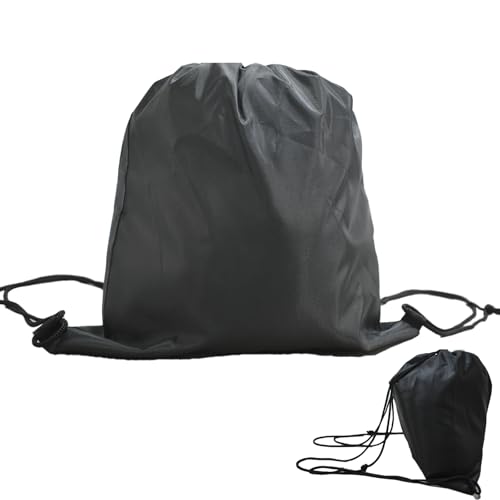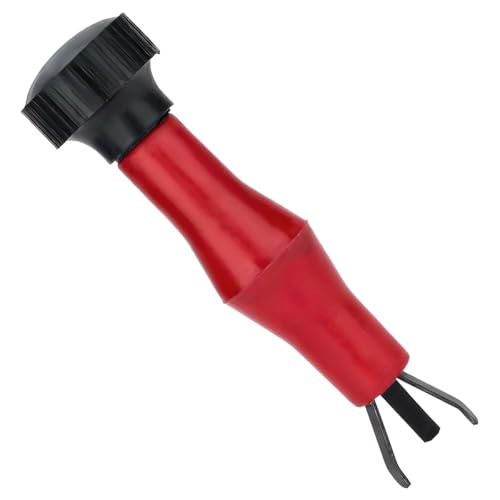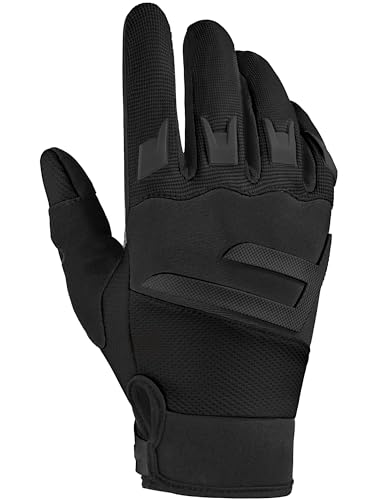Took the MSF basic course in '96 as it was mandatory to ride on station. Actually, got a lot out of that course, some of which has saved my life. Took the MSF advanced course a number of years later. Thought the book provided good info, but the classroom didn't offer anything new, IMO. And the afternoon riding session got toned down by rain, so I can't really say if it would be any better. We were left with the same drills as the basic course.
Took the Lee Parks Total Control class last year, and I felt it really improved the way I handle the bike. I'd probably take their advanced class versus doing another MSF class.
Took the Lee Parks Total Control class last year, and I felt it really improved the way I handle the bike. I'd probably take their advanced class versus doing another MSF class.
Last edited by a moderator:































































